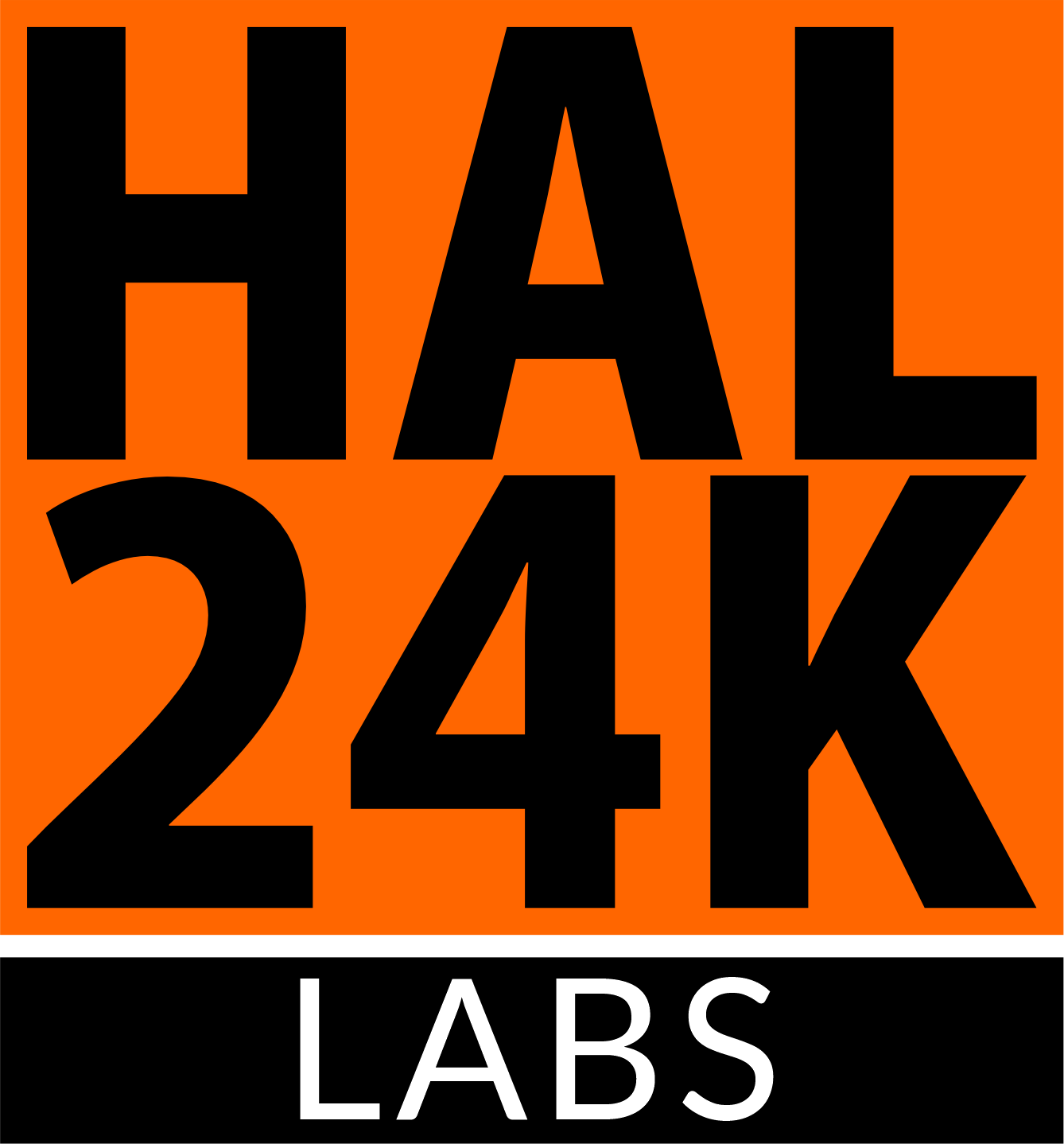HAL24K has been featured on the Netherlands Water Partnership website, setting out how AI is transforming the international water sector.
AI in the digital water sector -
From proof of concept to operational value
Artificial intelligence (AI) and machine learning can augment human-based know-how to improve efficiency and free up resources in the international water sector. This is why the Dutch water sector is very interested in the added value of data science. Data Intelligence scale-up HAL24K successfully presented itself at Aquatech and will soon be a member of the Netherlands Water Partnership. In this blog, HAL24K’s René Stukker discusses how AI can bring value to the water sector.
‘HAL24K combines advanced data science techniques – such as machine learning and deep neural networks – with modelling, analysis, and visualisation, to enable real-time data-driven decision making in complex and multidimensional environments. This optimises resources, avoids disruptions and saves costs.
Efficient measuring
For example, we built a model for Rijkswaterstaat to analyse water quality measurements in the Waal. Rijkswaterstaat is part of the Dutch Ministry of Infrastructure and Water Management and as such is responsible for the design, construction, management and maintenance of the main infrastructure in the Netherlands. The measurements are taken weekly at the point at which the river enters the Netherlands, and monthly further downstream. We were able to demonstrate that it is possible to predict the water quality downstream based on these weekly measurements. In addition, we found strong correlations between some of the 100 parameters measured thereby showing that artificial intelligence can reduce the number of parameters measured. This makes the process more efficient and economical while not compromising on quality.
Navigating safely
Rijkswaterstaat also provides daily information on the location of the shallowest depths in rivers in the Netherlands so that vessels can navigate safely. Inspectors measure the river depths by heading out to the traditionally shallowest parts. Our data scientists proved that by quickly processing a lot of complex data from multiple sources, we can design predictive, objective real-time models which describe the behaviour of the river bottom across the 100 km stretch of the River Waal and predict the shallowest parts each day. We are currently starting a follow-on project to the Rijkswaterstaat’s ‘The Digital River’ programme to predict the shallowest parts up to several days in advance. Machine learning and the data generated will improve the models’ performance.
Part of day-to-day business
HAL24K’s objective is always that operations directly and continuously benefit clients and other stakeholders. We want to make sure that our work helps people manage systems better and more efficiently every day. Our solutions must therefore be scalable. Data science is not hocus pocus and it is important that we take AI and machine learning out of the lab and into day-to-day business. Without implementation, there is no innovation.
HAL24K's team at Aquatech Amsterdam 2019.
The water sector is certainly interested, that was crystal clear at Aquatech where we were successfully part of the Netherlands Pavilion. The sector is looking for us to prove the added value of AI in everyday operations and that takes time, but it is clear to me that water technology and data science will come together. What we now specialise in will become an integral part of the expertise that the water sector must possess in the near future. That is why we work with partners that recognise the huge potential of advanced real-time data analytics and machine learning solutions. The power of combining data science and domain expertise is evident.
From proof of concept to operational value
In the last two to three years, we have proved that our AI solutions have the potential to solve complex problems and provide the water industry with real-time information. However, at the moment, a lot of water companies are focusing on familiarising themselves and becoming comfortable with the technology behind AI instead of with true digital transformation. We will continue to work with water companies to advocate the value of implementing AI solutions in daily operations. One example of what we are doing was that at Aquatech, and previously at WEFTEC, we leveraged the NWP partnership to get to know the sector better and explain to the contacts we made how our AI solutions for water management and treatment can work to their benefit.’


